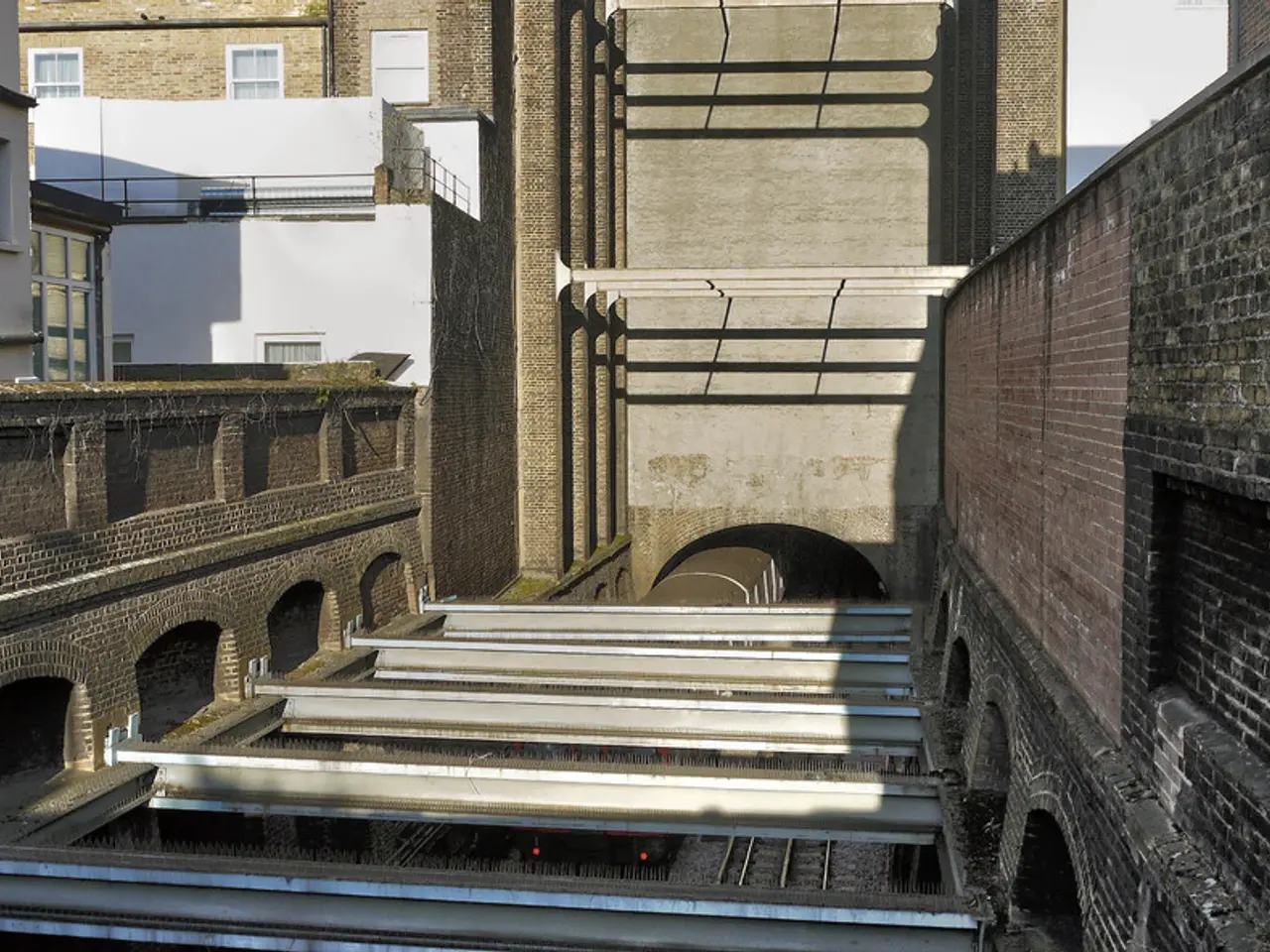Border control expenses amount to 80.5 million euros
In a move aimed at addressing security and migration concerns, Germany has extended its internal border controls until at least March 2026 [1][3][4][5]. This decision comes as a continuation of measures that were initially implemented last September by then Federal Minister of the Interior, Nancy Faeser (SPD) [2].
The enhanced border checks include refusing entry to asylum seekers without valid documents, pushbacks, and increased deportations, primarily targeting countries like Afghanistan and Syria [1][2][4][5]. However, a detailed cost breakdown of these controls, specifically covering categories such as overtime, catering, accommodation, allowances, leadership, and deployment means, or the operation of border stations, remains unavailable [1][2][3][4][5].
The largest item of expenditure so far has been "overtime compensation", accounting for an additional 37.9 million euros in deployment-related costs from April to the end of June 2025 [6]. Approximately 2 million euros were spent on the operation of border stations, and around 3 million euros were spent on allowances for "unsuitable hours" during border control operations [6].
The response to these costs was made by the Federal Ministry of the Interior to a written question from Left Party MP Clara Bünger, who described the federal government's approach as "illegal border closure policy" [7]. Bünger also stated that border controls make it more difficult for asylum seekers to flee, cause traffic chaos in border regions, burden border commuters, and cause enormous costs [7].
Despite the lack of detailed financial information, the government maintains that border controls are a necessary measure linked to preventing illegal migration and terrorism while the EU’s external border system is being developed [1][2][3]. The controls include identity checks and detailed traveler inspections at borders with neighboring countries [3].
The costs for the deployment of the Federal Police at the internal borders ranged between 24 and 29.1 million euros per quarter [8]. Around 2.6 million euros were spent on "leadership and deployment means" for border control operations [6].
The extension of border controls contradicts the Schengen Agreement's principle of open free movement but is allowed temporarily under current security threats [3]. Alexander Dobrindt (CSU), Faeser's successor, tightened the controls after the formation of the black-red federal government on 8 May [2].
Sources:
[1] Funke Media Group [2] German Press Agency [3] European Commission [4] Federal Ministry of the Interior [5] German Federal Constitutional Court [6] Response to a written question from Left Party MP Clara Bünger [7] Clara Bünger's statement [8] Federal Police report
Read also:
- Unveiling Innovation in Propulsion: A Deep Dive into the Advantages and Obstacles of Magnetic Engines
- Intensified farm machinery emissions posing challenges to China's net-zero targets
- EU Fuel Ban Alerts Mercedes Boss of Potential Crisis
- Nuclear plant revitalized: Artificial intelligence-led demand breathes life into the Great Lakes nuclear facility







